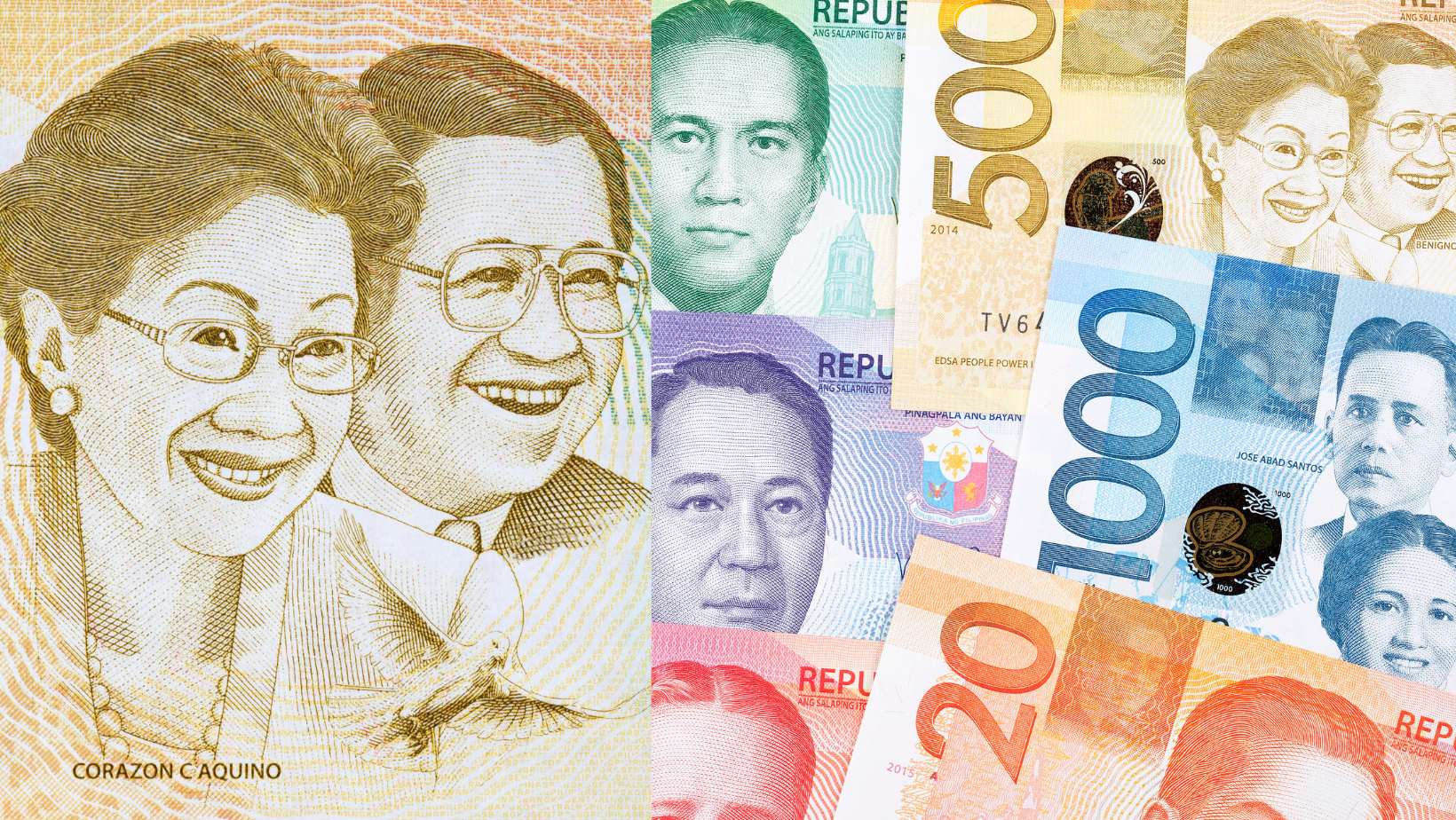Ninoy Aquino Day, celebrated annually on August 21st, is a significant national holiday in the Philippines that pays tribute to the life, legacy, and ultimate sacrifice of Senator Benigno “Ninoy” Aquino Jr. This day serves as a powerful reminder of the Filipino people’s unwavering commitment to democracy, freedom, and justice, as embodied by the courageous actions of this beloved hero.
The Life and Struggle of Ninoy Aquino
Born into a prominent political family in Tarlac, Philippines, Benigno Aquino Jr. emerged as a charismatic and influential figure in Filipino politics. As a young journalist, he covered the Korean War at the age of 17, demonstrating his early passion for truth and justice. Throughout his career, Aquino became a vocal critic of the authoritarian regime of President Ferdinand Marcos, who had declared martial law in 1972.
Aquino’s opposition to Marcos’s rule led to his imprisonment and eventual exile to the United States in 1980, where he continued to advocate for democratic reforms in the Philippines. Despite the risks, Aquino decided to return to his homeland in 1983 to participate in the upcoming elections, believing that his presence could help restore democracy to the nation.
The Ultimate Sacrifice
On August 21, 1983, as Aquino disembarked from his plane at Manila International Airport, he was brutally assassinated on the tarmac. His death sent shockwaves throughout the Philippines and the world, galvanizing the Filipino people’s resistance against the Marcos regime. Aquino’s martyrdom became a catalyst for the “People Power Revolution” that ultimately led to the peaceful overthrow of Marcos in 1986 and the restoration of democracy in the Philippines.
Aquino’s words, “The Filipino is worth dying for,” became a rallying cry for the nation, embodying the spirit of selflessness and sacrifice that he demonstrated throughout his life. His widow, Corazon Aquino, emerged as a symbol of the democratic movement and was elected as the first female President of the Philippines in 1986, carrying forward her husband’s legacy of reform and good governance.
Commemorating a Hero’s Legacy
In 2004, President Gloria Macapagal-Arroyo signed Republic Act No. 9256, officially declaring August 21st as Ninoy Aquino Day, a special non-working holiday in the Philippines. This designation not only honors Aquino’s memory but also serves to educate future generations about the importance of upholding democratic values and standing up against tyranny and oppression.
On Ninoy Aquino Day, Filipinos across the nation participate in various commemorative events, including wreath-laying ceremonies, cultural performances, and educational activities. The EDSA People Power Commission (EPPC) organizes many of these events, which aim to promote national unity, patriotism, and active citizenship.
Reflecting on Aquino’s Impact
The legacy of Ninoy Aquino extends far beyond the borders of the Philippines. His story of courage, sacrifice, and unwavering commitment to democracy has inspired countless individuals around the world to stand up against injustice and fight for their rights. Aquino’s life serves as a testament to the power of individual action in the face of seemingly insurmountable odds.
As we observe Ninoy Aquino Day, it is an opportunity to reflect on the values that he embodied and the lessons that his life teaches us. In a world where democracy and human rights continue to face challenges, Aquino’s example reminds us of the importance of speaking truth to power, defending the marginalized, and working tirelessly to build a more just and equitable society.
Carrying Forward the Torch of Freedom
While the Philippines has made significant strides in the years since Aquino’s assassination, the nation continues to grapple with issues of corruption, inequality, and political instability. Ninoy Aquino Day serves as a annual reminder of the ongoing struggle for genuine democracy and the need for vigilance in protecting hard-won freedoms.
As we honor the memory of Ninoy Aquino, let us also renew our commitment to the ideals that he championed. By actively participating in our communities, holding our leaders accountable, and standing in solidarity with those who face oppression, we can carry forward the torch of freedom that Aquino so bravely lit.
In the words of Ninoy Aquino himself, “I am not a hero. Heroes are those who are dead. I am simply a Filipino who is trying to do his duty to his country and people.” On this Ninoy Aquino Day, let us all strive to be the heroes that our nations and the world so desperately need, drawing strength and inspiration from the enduring legacy of this remarkable man.
